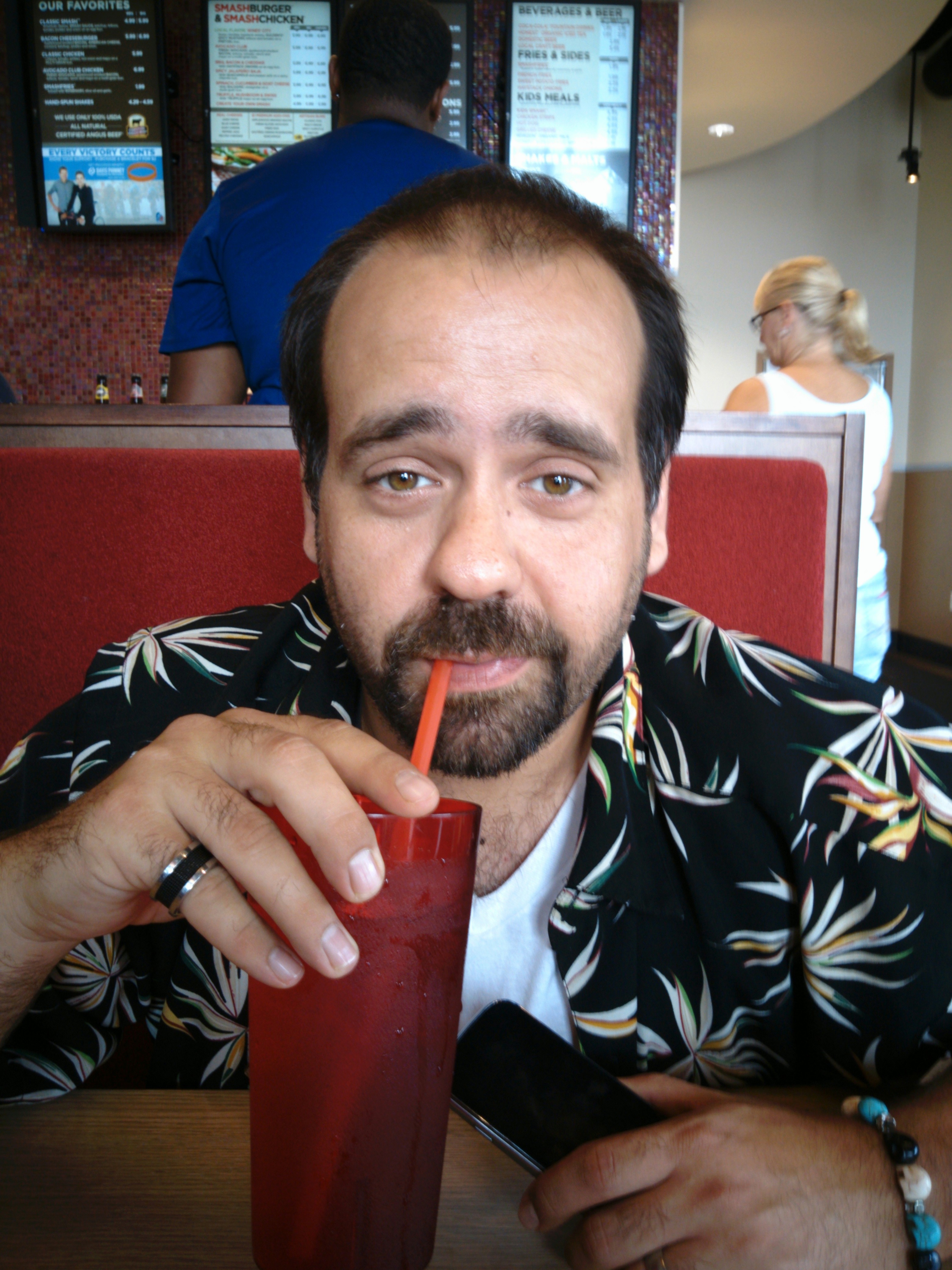Seed Saving
A seed is a promise of future life. For thousands of years, humans have participated in the sacred tradition of seed saving—the practice of collecting, cleaning, and storing seeds from one year's harvest to be planted the next. This timeless act is the foundation of our food supply and a powerful tool for self-sufficiency. By saving your own seeds, you can develop plant varieties that are uniquely adapted to your specific soil and climate here in Illinois.
Beyond the practical benefits, saving seeds is an act of preserving biodiversity and our shared agricultural heritage. Many unique, flavorful, and resilient heirloom varieties are kept alive not by large corporations, but by a network of passionate gardeners. This page is a guide to re-learning this essential skill. We will cover the difference between hybrid and open-pollinated seeds, demonstrate techniques for saving seeds from common garden plants, and connect you with the resources you need to become a steward of our genetic commons.
Important Links to Consider:
Seed Savers Exchange: A non-profit dedicated to conserving and promoting America's culturally diverse but endangered garden and food crop heritage. Their headquarters is in nearby Decorah, Iowa. https://www.seedsavers.org
Organic Seed Alliance: An organization that advances the ethical development and stewardship of the genetic resources of agricultural seed. https://seedalliance.org
The Chicago-Area "One Seed Chicago" program (via U of I Extension): While a local program, it's a great example of a community seed initiative. Look for similar "seed libraries" at local libraries across Illinois. https://extension.illinois.edu/cook/one-seed-chicago
